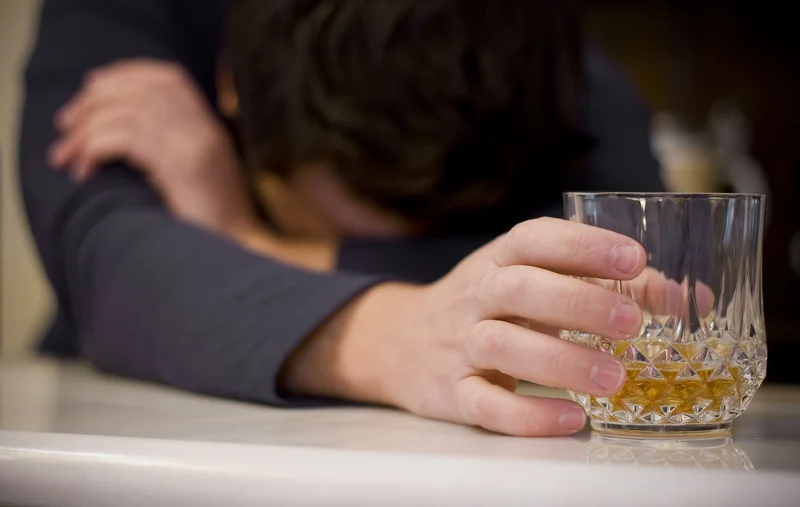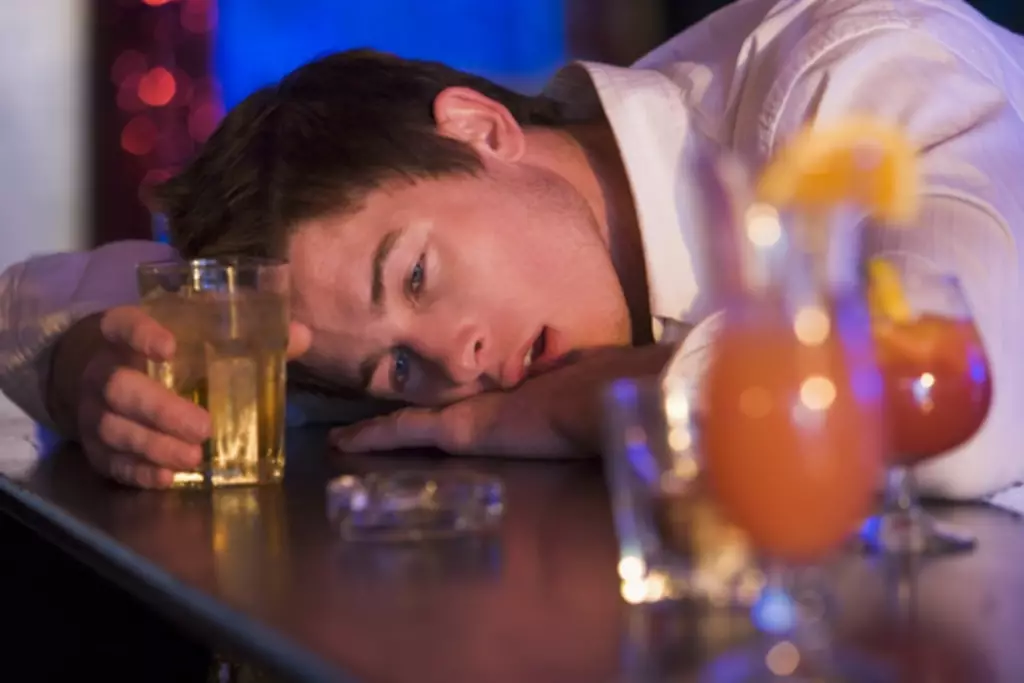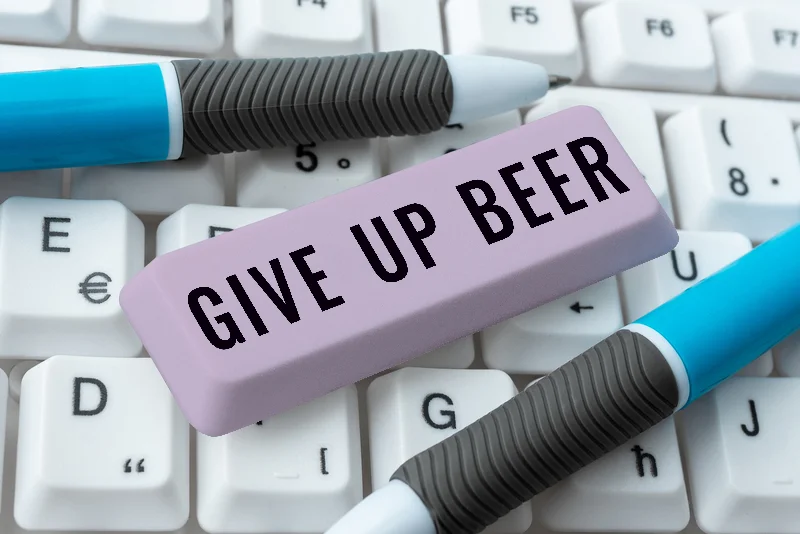- Chưa có sản phẩm trong giỏ hàng.
Đăng bởi : thanh.ws247T5/Th3/2021

The immediate effect of that will be yet another, much worse hangover. Cullen says it’s tough to say just how much damage you could do after a single big weekend, but it’s possible to do real damage to your brain, liver, and heart. Cullen’s team observed increased rates of atherosclerosis—or clogged arteries—in the binge-drinking mice, while the mice who drank moderately did not have as many clogged arteries. Alcohol use disorder (AUD) is a chronic medical condition characterized by a problematic pattern of alcohol use that leads to clinically significant impairment or distress. It is diagnosed based on specific criteria outlined in the Diagnostic and Statistical Manual of Mental Disorders (DSM-5). All information provided in featured rehab listings is verified by the facility officials.
Effects on Brain Structure—Gray Matter

Data suggest that even one episode of binge drinking can compromise function of the immune system and lead to acute pancreatitis (inflammation of the pancreas) in individuals with underlying pancreatic damage. Over time, alcohol misuse, including repeated episodes of binge drinking effects binge drinking, contributes to liver and other chronic diseases as well as increases the risk of several types of cancer, including head and neck, esophageal, liver, breast, and colorectal cancers. Binge drinking is often downplayed in social settings, especially among younger adults or those who view it as a harmless way to have fun.
What support can Rehab 4 Addiction give me?

These may help them gain control of their drinking habits or even stop drinking altogether. Some options may include finding replacement activities or seeking professional help. Binge drinking isn’t necessarily an indicator that you or a loved one has alcohol use disorder (also known as alcoholism), which is a dependency on alcohol consumption. And a more recent 2021 study showed that binge drinkers are more likely to also abuse other substances, such as the misuse of prescription drugs. The 37 million binge drinkers had about one binge per week and consumed an average of seven drinks per episode. Either way, people who binge drink are more likely to suffer from cognitive issues as they age.
- Either way, people who binge drink are more likely to suffer from cognitive issues as they age.
- The National Helpline does not provide counseling, but it does connect callers with local resources such as counseling services, support groups, and treatment facilities.
- You may do it as a way to relax after a difficult day at work or blow off steam after college exams.
Depression in Older Adults

Amazingly, the complex communities they form can alter our mood and cognition. For an example of how BAC levels affect the body, it is easy to compare different physical symptoms. Saying something like, “Well, that’s my one drink for the night,” might help your loved one remember their own limit. Whether you decide to set a hard limit or not, make a habit of following up every alcoholic beverage with a non-alcoholic one. Whatever your personality, though, there are steps you can take to modify your habits and take back control of your drinking.
- Recently, another study34 determined that the definition by Wechsler’s group30,31 and the NIAAA proposal33 are strongly correlated with a similar pattern of association among the variables of sex, race and age and the initiation of consumption.
- Additionally, a 2017 study suggests that binge drinking may be an early risk factor of developing AUD.
- Another common and more immediate effect of binge drinking is alcohol poisoning.
- If you binge drink, you are putting your health at risk even if you’re drinking less than 14 units per week in total (as advised by the Chief Medical Officers’ low risk drinking guidelines).
However, many craft beers exceed that alcohol percentage, so a pint of a hefty double IPA might be equivalent to two standard drinks. St. Patrick’s Day is right around the corner, and while it’s a time for celebrating Irish heritage and wearing green to avoid getting pinched by your friends, the holiday has also become heavily linked with drinking alcohol. Binge drinking is when you drink enough alcohol to bring your blood-alcohol content up to the legal limit for driving.
Unfortunately, although the standard drink (or alcoholic drink-equivalent) amounts are helpful for following health guidelines, they may not reflect customary serving sizes. A large cup of beer, an overpoured glass of wine, or a single mixed drink could contain much more alcohol than a standard drink. In addition, the percentage of pure alcohol varies within and across beverage types (e.g., beer, wine, and distilled spirits). Other consequences include suicide attempts, health problems, injuries, unsafe sexual behavior, and driving https://ecosoberhouse.com/ under the influence of alcohol, as well as vandalism, damage, and involvement with the police. Harmful and underage college drinking are significant public health problems, and they exact an enormous toll on the lives of students on campuses across the United States. Teenagers and even adults may also binge drink to fit in with peers who are engaging in the same behavior.
- At Sana, individuals are taught a variety of coping strategies, from stress management techniques to problem-solving skills, which help them navigate the complexities of life post-rehab.
- Addiction Resource is not a healthcare provider, nor does it claim to offer sound medical advice to anyone.
- Let’s see what the numbers say and talk about how you can stop binge drinking once and for all.
- Or by depressing the gag reflex, which puts a person who has passed out at risk of choking on their own vomit.
- Addiction Resource team has compiled an extensive list of the top drug rehabilitation facilities around the country.
Effective Addiction Treatment

While the immediate consequences of binge drinking are alarming enough, the long-term effects of binge drinking are even more concerning. Continued binge drinking can lead to a variety of chronic health problems, affecting both the body and mind. It’s essential to seek alcoholism treatment as soon as you recognize that you have an unhealthy relationship with alcohol to avoid the short and long-term dangers of binge drinking, alcohol abuse, and addiction. The United States has enacted evidence-based interventions to prevent binge drinking and its related alcoholism treatment effects. The majority of adults who drink excessively report they have engaged in binge drinking in the previous 30 days, and most people under the age of 21 who abuse alcohol consume it in the form of binges.

